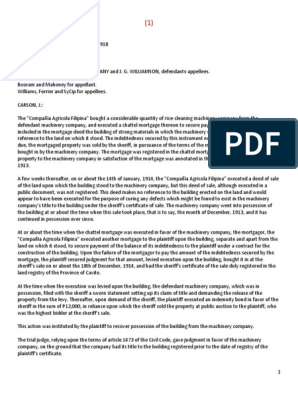0% found this document useful (0 votes)
35 views9 pagesInsurance
Insurance is a system that spreads risk among many individuals, providing financial protection against potential losses through cooperative agreements. It can be classified into life, general, and social insurance, each serving different purposes and functions. The document also discusses the principles, objectives, and limitations of insurance, emphasizing its role in reducing uncertainty and promoting economic stability.
Uploaded by
emonhossain01828Copyright
© © All Rights Reserved
We take content rights seriously. If you suspect this is your content, claim it here.
Available Formats
Download as PDF, TXT or read online on Scribd
0% found this document useful (0 votes)
35 views9 pagesInsurance
Insurance is a system that spreads risk among many individuals, providing financial protection against potential losses through cooperative agreements. It can be classified into life, general, and social insurance, each serving different purposes and functions. The document also discusses the principles, objectives, and limitations of insurance, emphasizing its role in reducing uncertainty and promoting economic stability.
Uploaded by
emonhossain01828Copyright
© © All Rights Reserved
We take content rights seriously. If you suspect this is your content, claim it here.
Available Formats
Download as PDF, TXT or read online on Scribd
/ 9




















































































